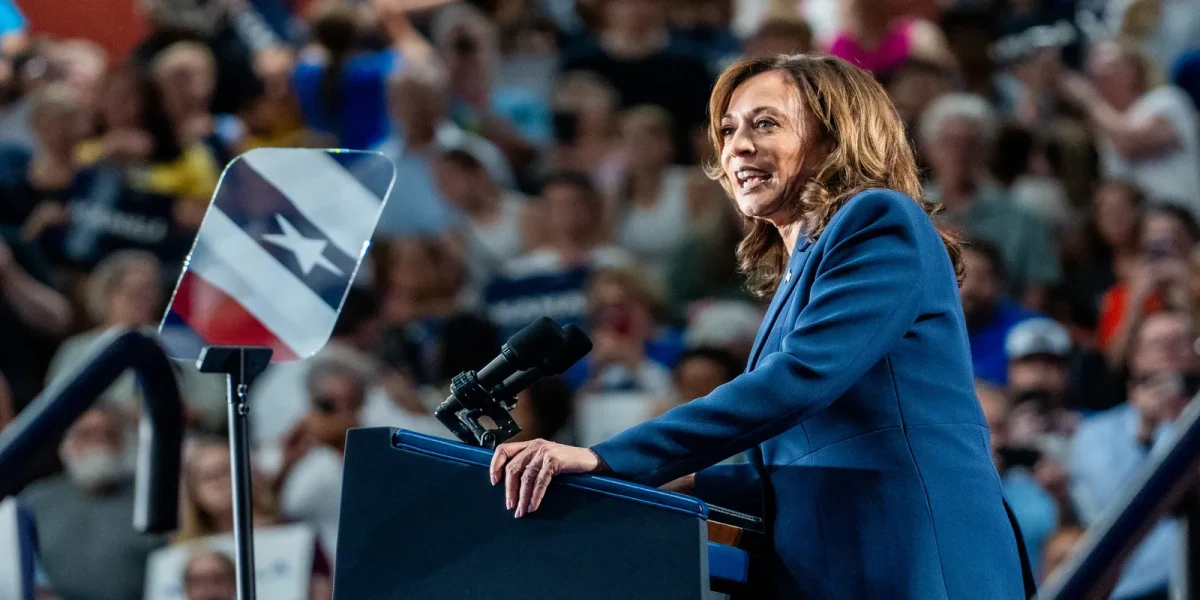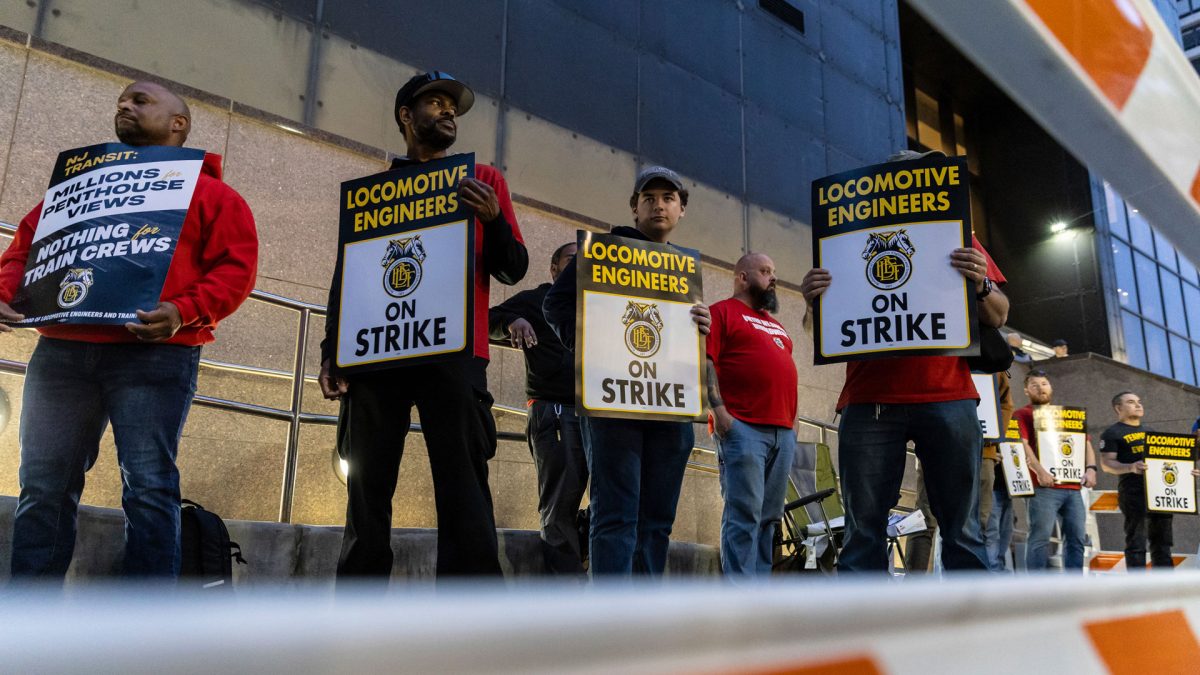With only a handful of weeks until the election, Kamala Harris and Donald Trump are making their final efforts to gather any last support they can. Each candidate and their campaign teams are conducting the typical pre-election promotional checklist—whether through television and talk show interviews, rallies, commercials, or excessive messaging. However, one candidate appears to have a more thoughtful approach to this campaigning, and that would be Kamala Harris.
Following Biden’s decision not to seek reelection, Harris kicked off her campaign with an unprecedented exuberance, aiming to maintain that momentum until November. So far, she has been able to do just that, as well as grow her base even more than people would have anticipated. This can largely be attributed to her strategic media appearances and her focus on appealing to young voters.
She appeared recently on The View, a female-focused talk show, and The Late Show With Stephen Colbert, where she radiated confidence and positive energy. These interviews were much more personal and conversational than the typical rally or news outlet interview. Clips of her appearances were shared by her social media team, particularly on her TikTok account, @kamalahq. There, Harris’s platform, principles, and persona have been displayed to the 4.8 million followers the account has amassed, among many other users, helping to grow support from Gen Z/millennial voters.
On October 5th, a 40-minute sit-down interview aired on the Call Her Daddy podcast between Harris and host Alex Cooper. The podcast, which is famously bold and unfiltered, ventured into political territory for the first time. Harris’s decision to go on the podcast surprised many, given its focus on dating culture and sexuality, but it really was a productive move since the podcast is geared towards the female (voting-age) demographic.
On Call Her Daddy, Harris discussed key issues like reproductive rights, women’s safety, and her policy differences from Trump. Primarily, women were the main topic of discussion on the show. The interview felt genuine, focused, informative, and at some points, like two girls chatting at a sleepover. Harris’s charm and relatability were evident, but what really shined was her sincere dedication to protecting and ensuring women’s rights. Harris’ appearance on the podcast was a big move to gain the attention of a largely female audience that may not consume traditional political news. By choosing an interview platform popular with Gen Z and millennial women, Harris could address issues directly relevant to them and strategically engage more voters in her campaign.
It is not merely Harris’ decision to go on the podcast that was extraordinary or particularly smart—she was asked to be interviewed and she agreed. However, when compared to Trump, her favorable position is apparent. Cooper clarified that she invited Harris and Trump to join the podcast, but only Harris agreed. Trump has turned down many opportunities to get out his platform before the election, like a second presidential debate and interviews on numerous news outlets, such as CBS’s segment ‘60 Minutes’ (which has been a tradition for candidates to go on for decades; Harris already agreed and had her interview).
Without even taking into consideration what was said in Harris’s interviews, they certainly benefited her campaign by making Trump’s look worse—it’s very odd for a candidate to decline so many interviews just weeks before the election.
At this stage in the election season, a candidate must maintain their appearance and reputation in the media, which Harris—through her confident interviews and thriving social media—has executed perfectly. The same can’t be said for Trump.
A handful of Trump’s actions in the past few weeks were either odd, awkward, blatantly disrespectful, or all of the above. When Trump spoke in early October in Detroit, Michigan, he said, “Our whole country will end up being like Detroit if [Kamala’s] your president.” Evident by Trump’s hatred of Harris, he certainly wasn’t speaking highly of the city of Detroit in this comparison. I may not understand everything about politics, but I do know that it’s a bad look to insult a city when you are speaking to the residents of that city.
Though Trump has been working to grow his base in these final weeks, his work hasn’t been catching the right kind of attention. He’s had successful rallies and interviews—albeit surrounded by people who already like and support him—but his erratic actions and controversial statements are overshadowing just about everything else.
These efforts by each candidate leading up to November 5th have made their opposing strategies, and success rates, increasingly apparent: Harris’s targeted outreach and genuine engagement resonate with voters—in particular young women—while Trump’s more defensive position and controversial remarks risk alienating potential supporters.












